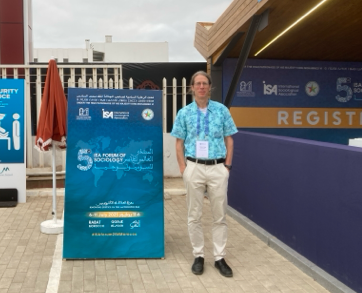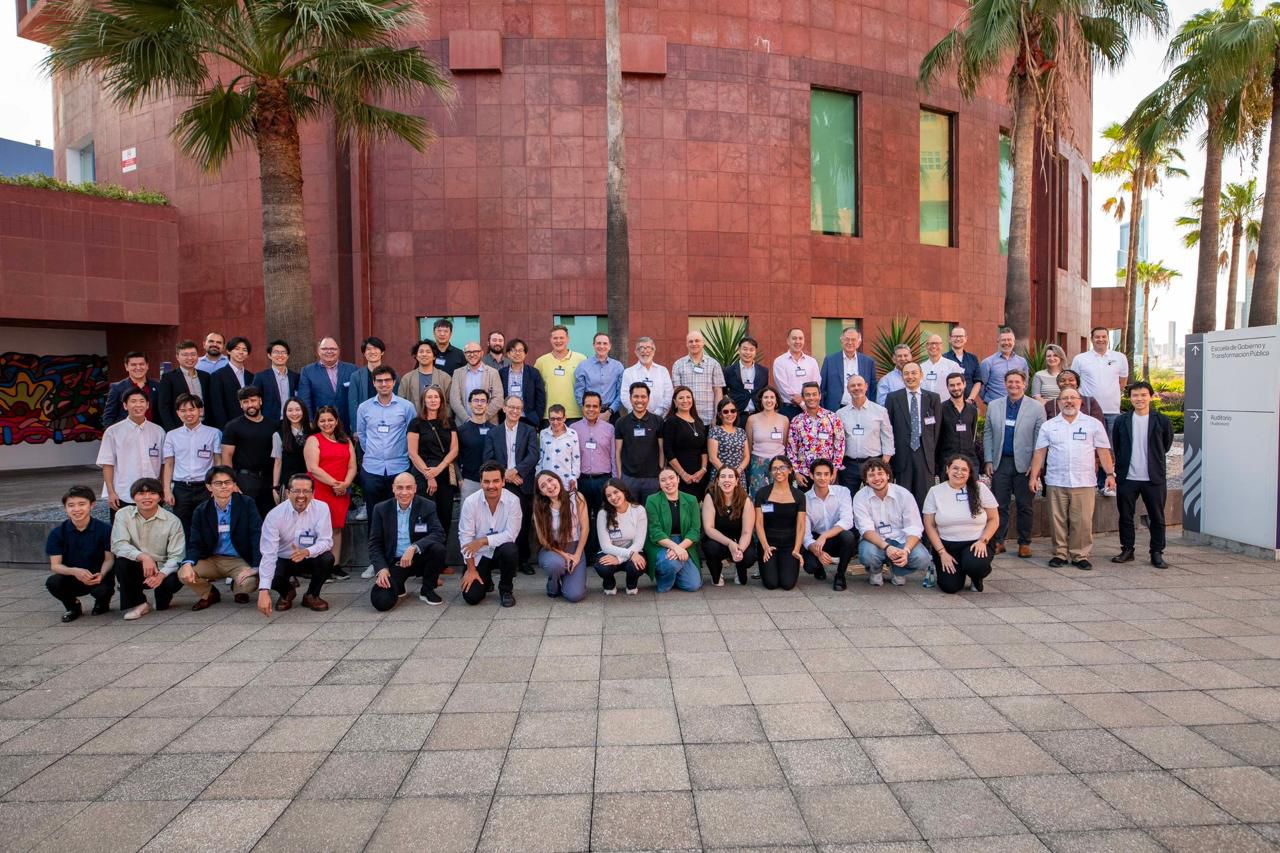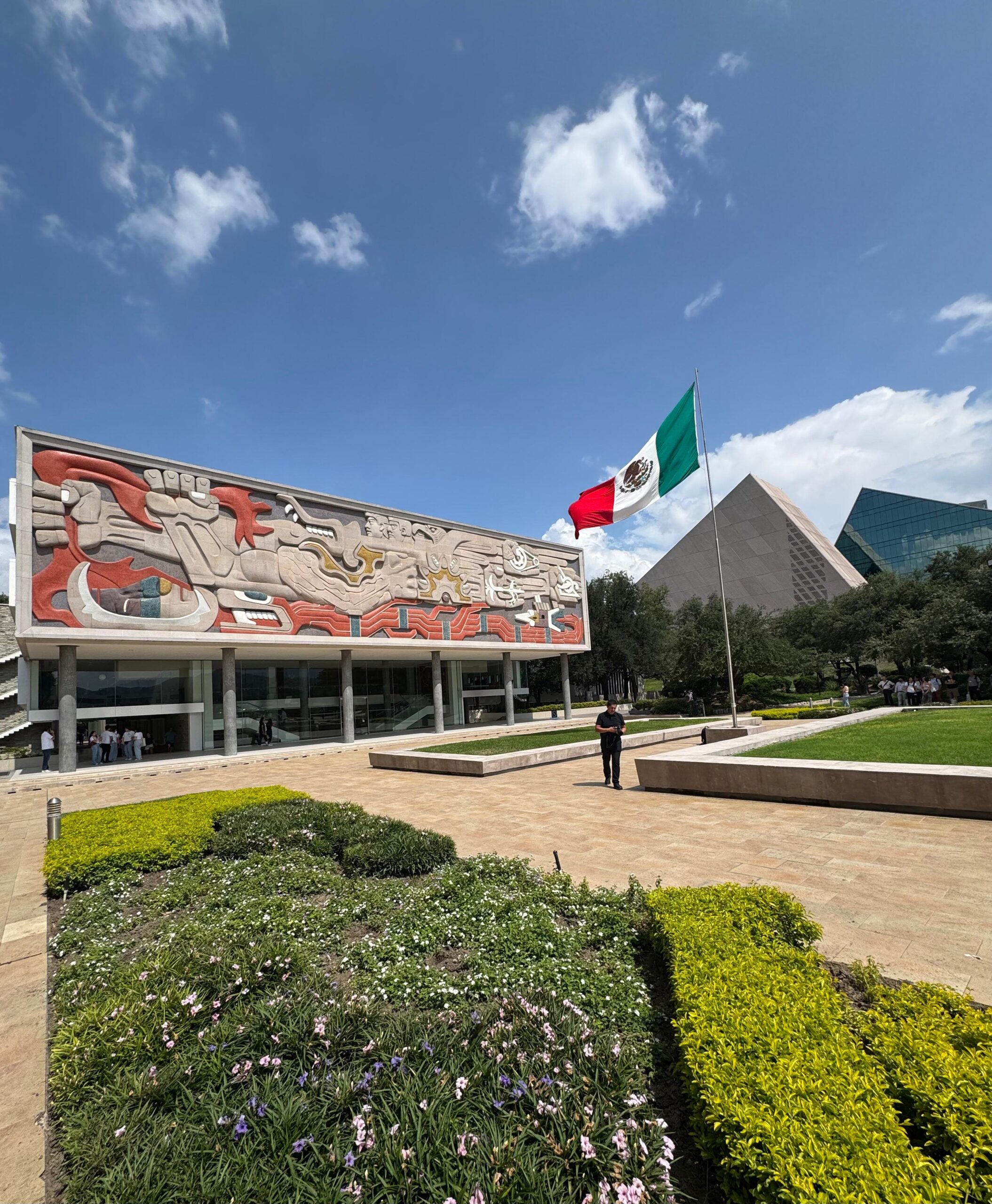The WUN funded TURA project culminated in two key project outputs this month, with contributions at two conferences: the Transdisciplinary Engineering (TE) conference hosted in Monterrey, Mexico; and, the ISA Forum of Sociology hosted in Rabat, Mexico.
The TE conference was attended by Giacomo Barbieri, Freddy Zapata, Aleksandra Kristikj and Federico Trigos. The team presented a paper written by the entire TURA team that proposed a transdisciplinary value framework for urban agriculture (UA) that can enable a comprehensive appraisal of the streams of value created by UA projects. Building on the six capitals model, extant dimensions of natural value, social value, human value, financial value, manufactured value and intellectual value are contextualised specifically for UA where three context specific enablers are defined for each dimension. The high-level framework is defined in the figure below along with a selection of pictures of the presentation.
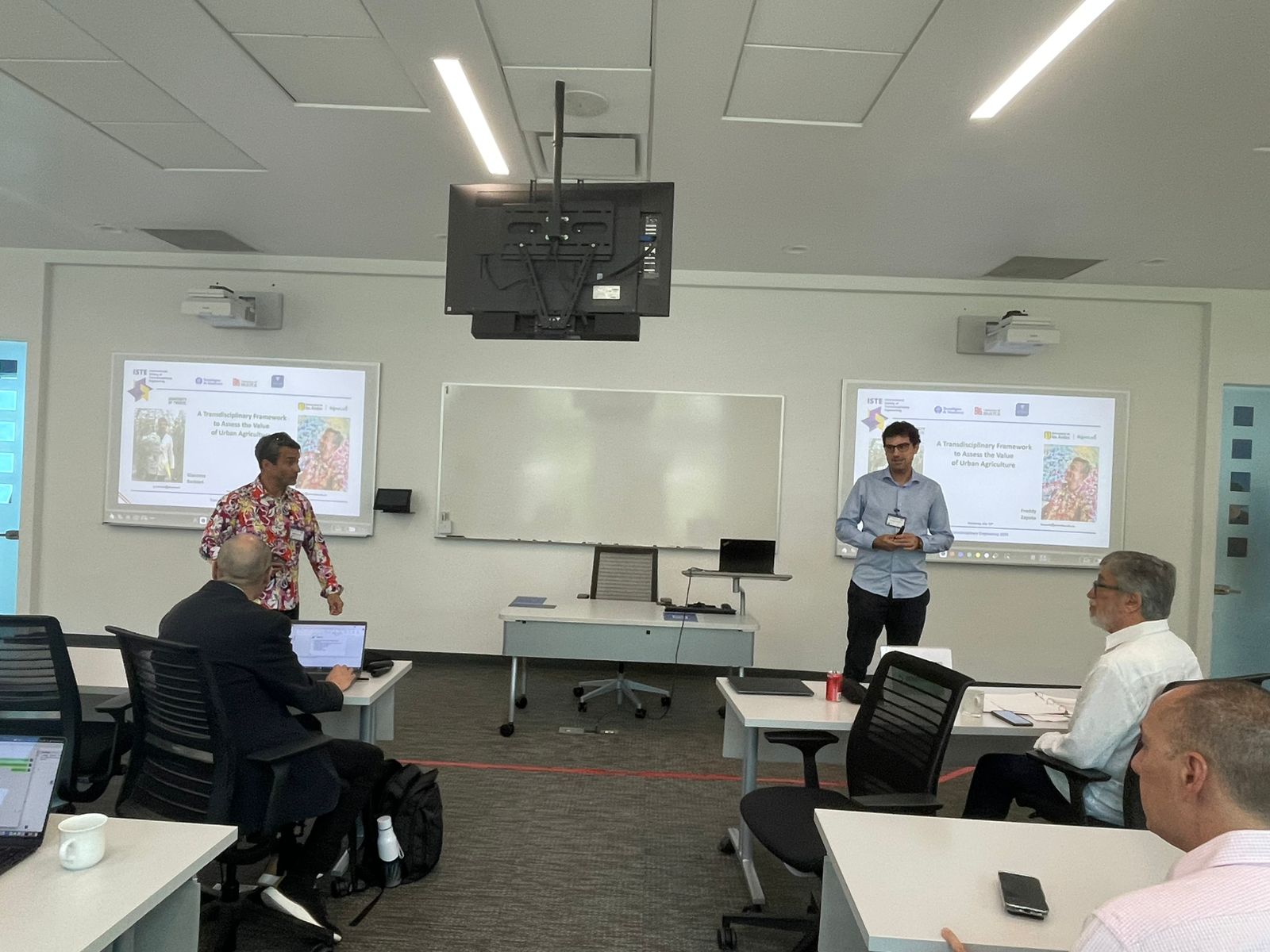
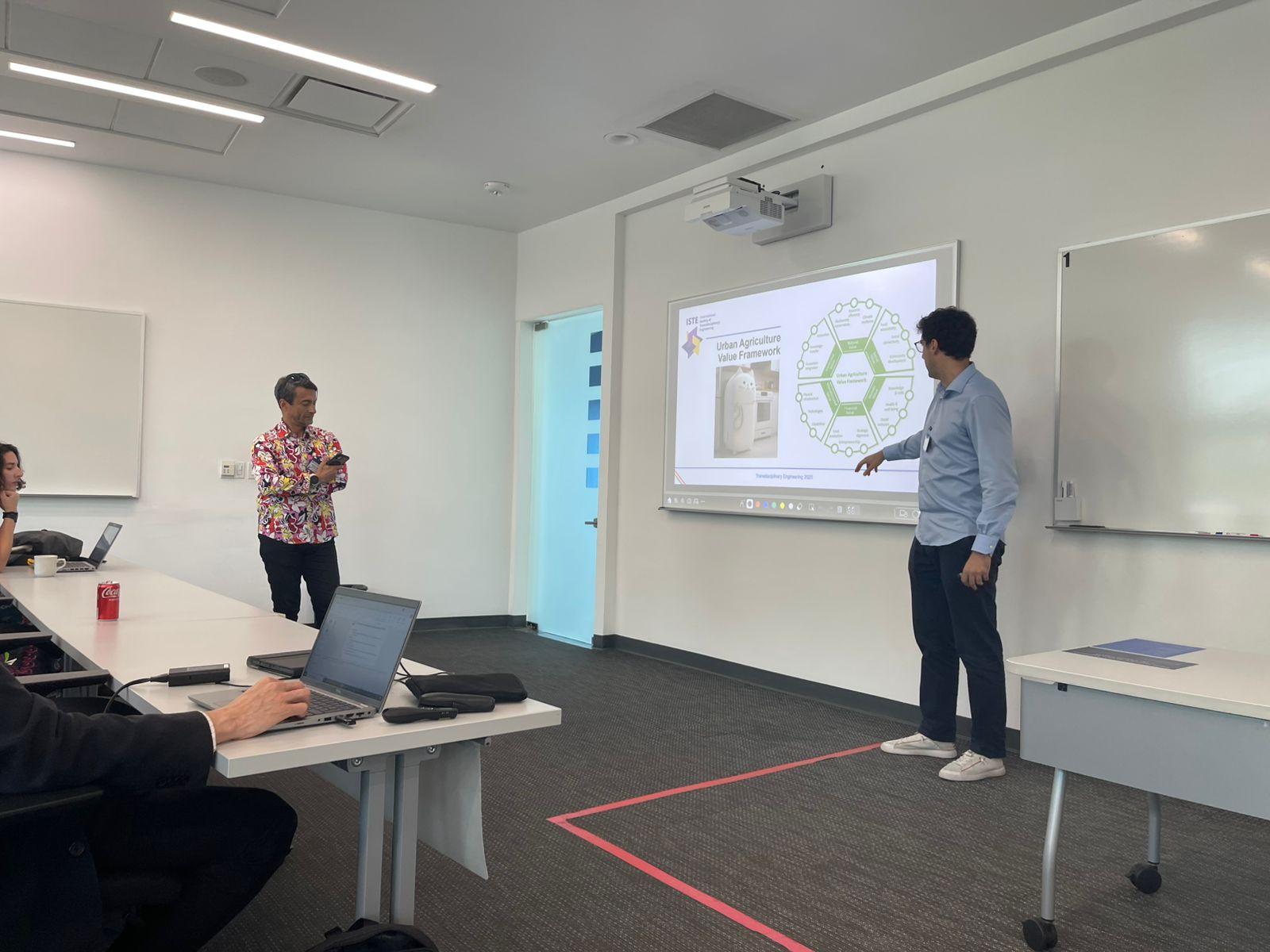
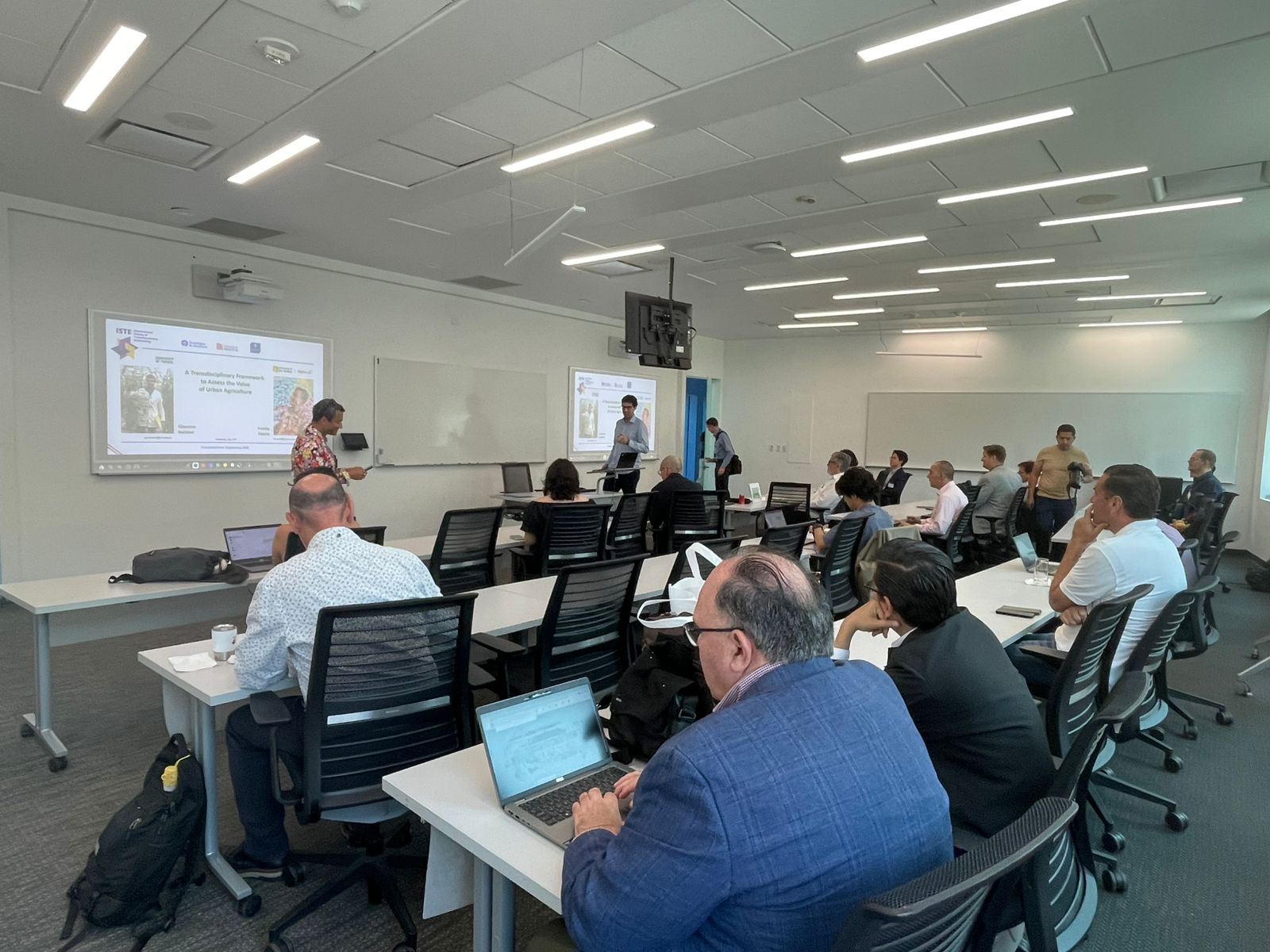
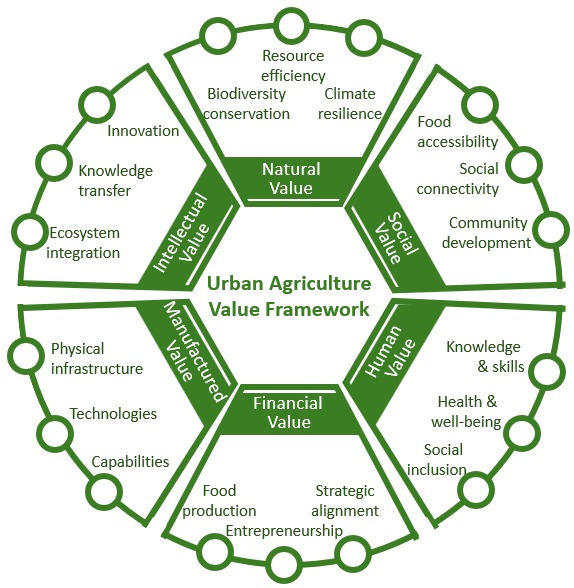
The work was presented at the conference through an interactive workshop in which participants were invited to co-design an Urban Agriculture space for a neighbourhood in Monterrey. Each participant defined an action or strategy—based on their disciplinary background and personal interests—that could generate value beyond food production. The responses ranged from integrating bio-stimulants and retail systems, applying machine learning for crop optimization, and decarbonizing logistics, to promoting community-managed fresh food systems and education through technology. These diverse contributions were successfully mapped across the dimensions of the Urban Agriculture Value Framework, demonstrating its potential not only for assessing the value of existing UA initiatives but also as a tool to guide the design of new ones.
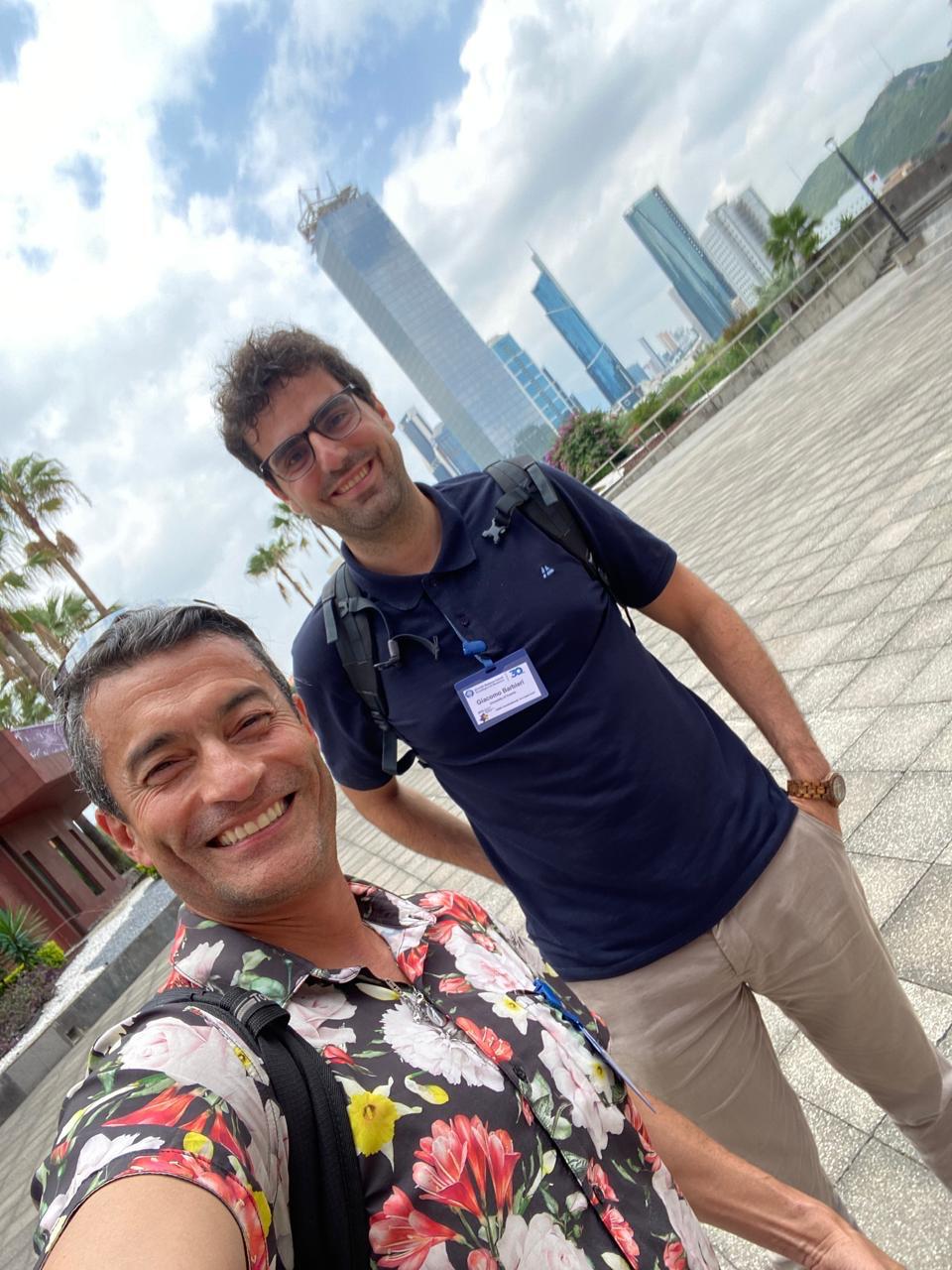
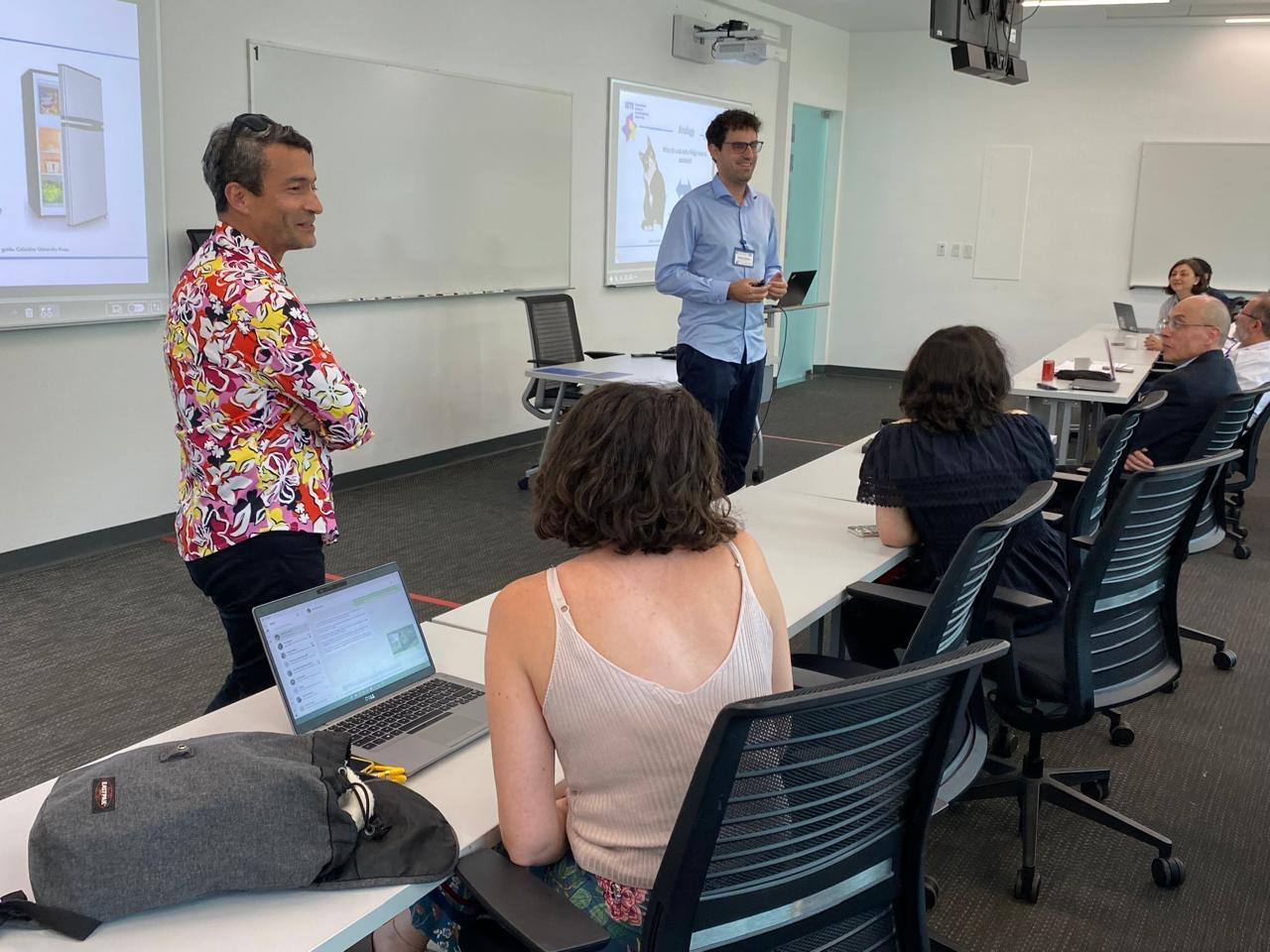
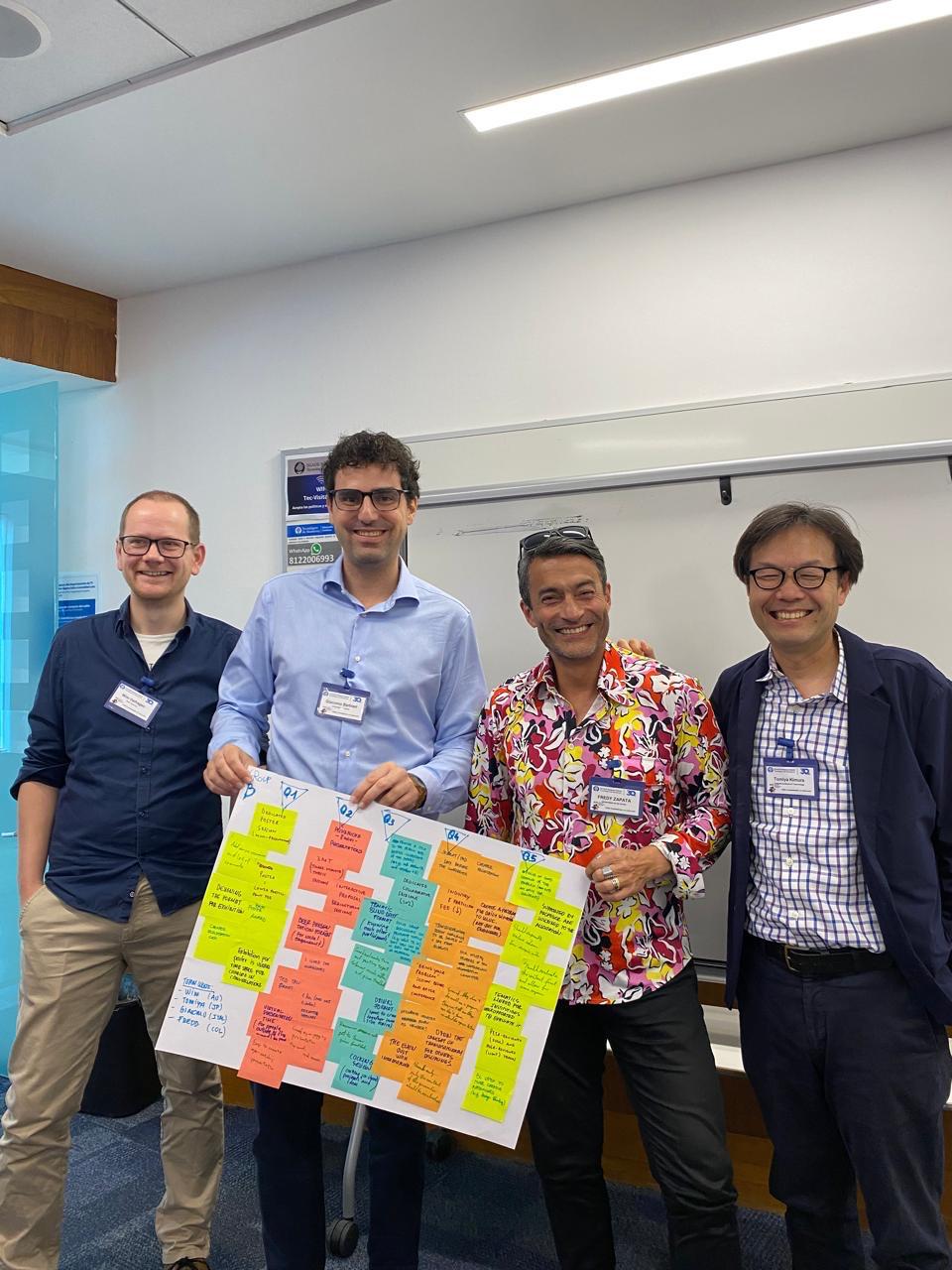
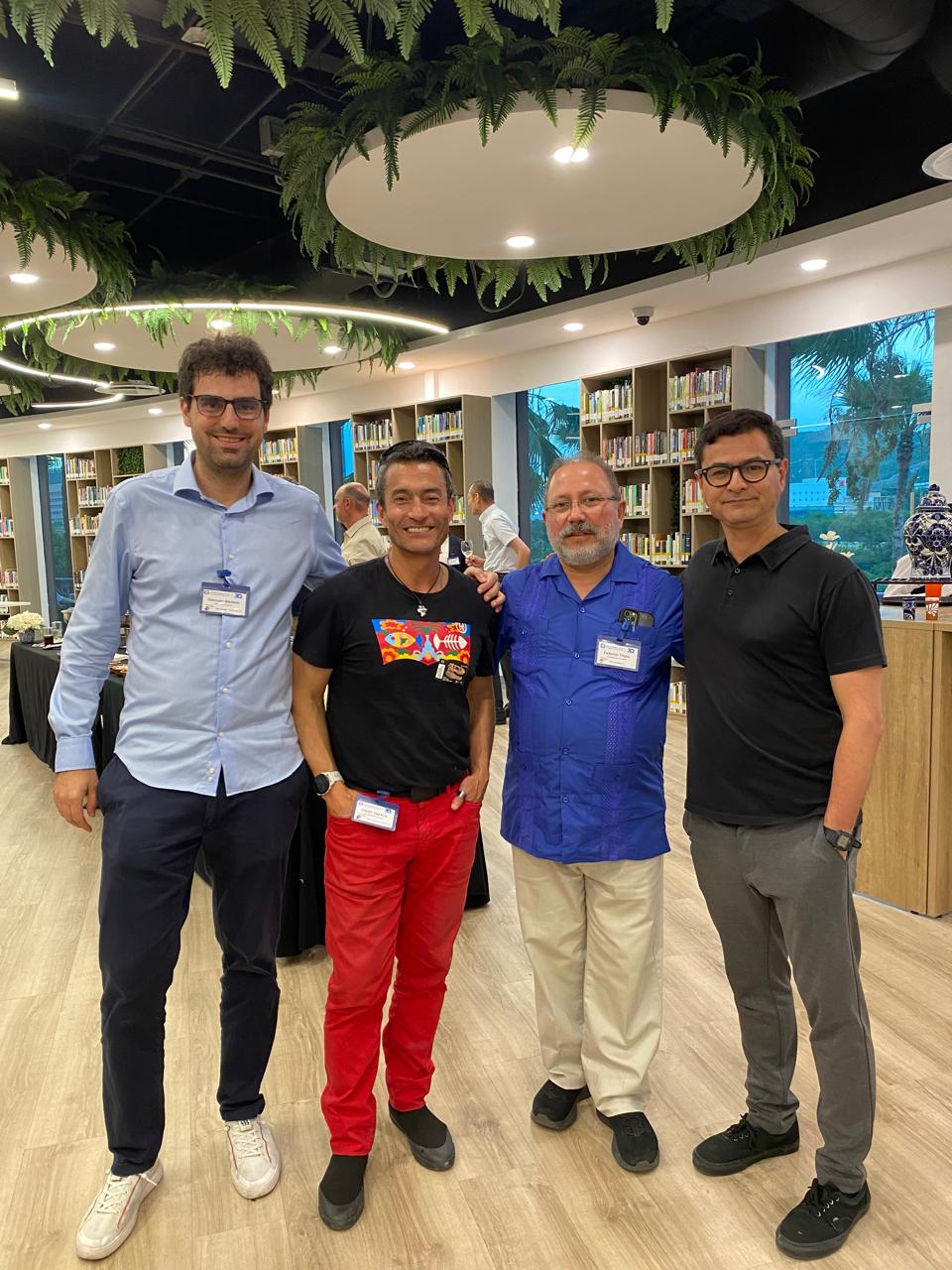
Manuel Vallee represented TURA at the ISA sociological forum in Rabat Morocco. There, Manuel presented on behalf of the project a contribution considering the Benefits and Barriers to Urban Agriculture. Within this, benefits and barriers are considered generally, with particular attention to a specific use case in Auckland, New Zealand. Next steps for this work are to expand the conference contribution into a full paper for submission in Q4 of 2025. Further to presenting this work, Manuel was able to continue to build a global community of urban agriculture researchers including working with the UN on food and other environmental issues.
The next steps for the TURA project are to identify future funding opportunities, and opportunities to directly apply the findings to support decision making in urban agriculture. The team are currently in contact with different UA projects in our respective countries (UK, Colombia, Netherlands & Mexico) to work out how it can be used to support their work. Watch this space for how it develops!
